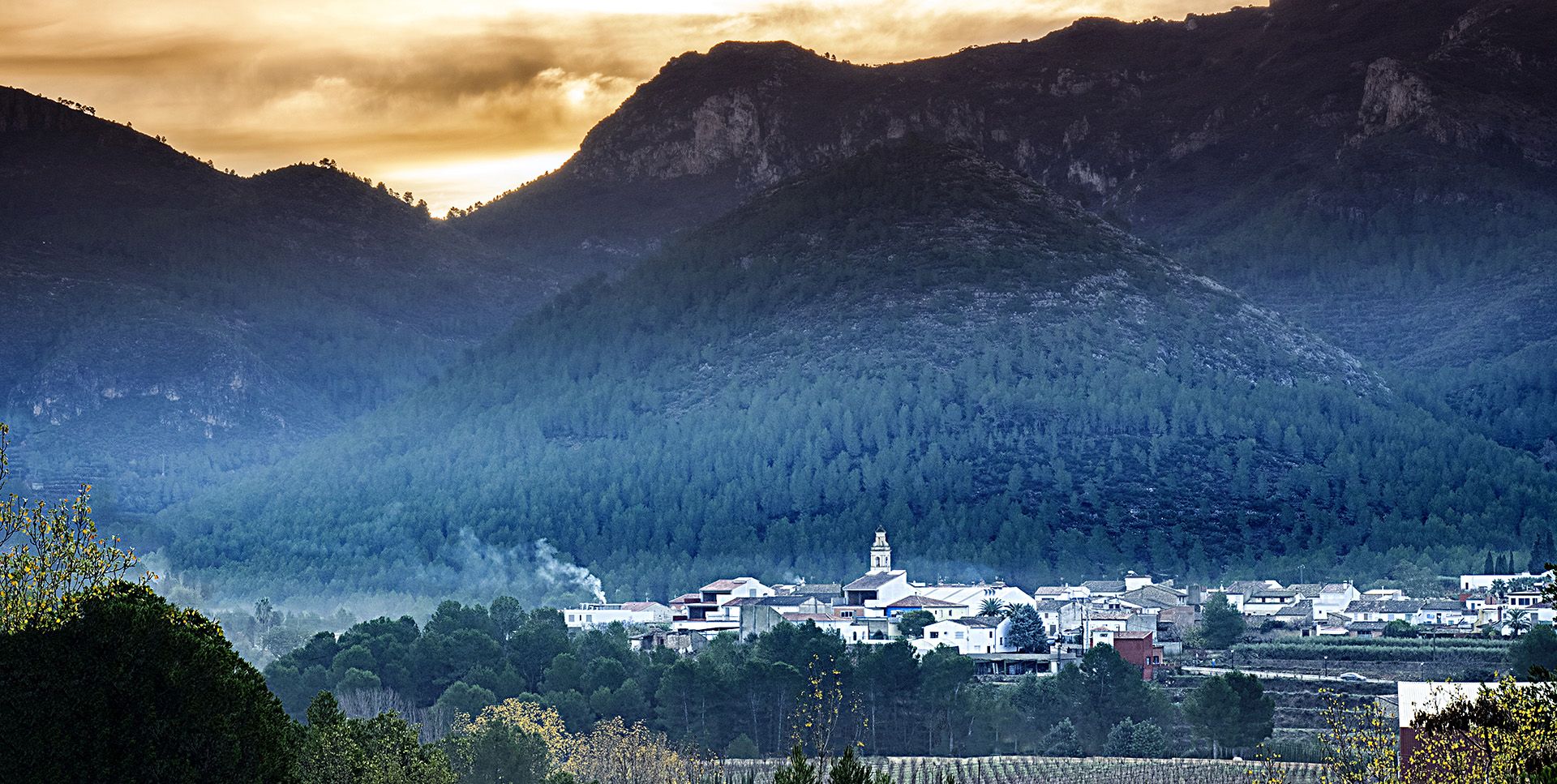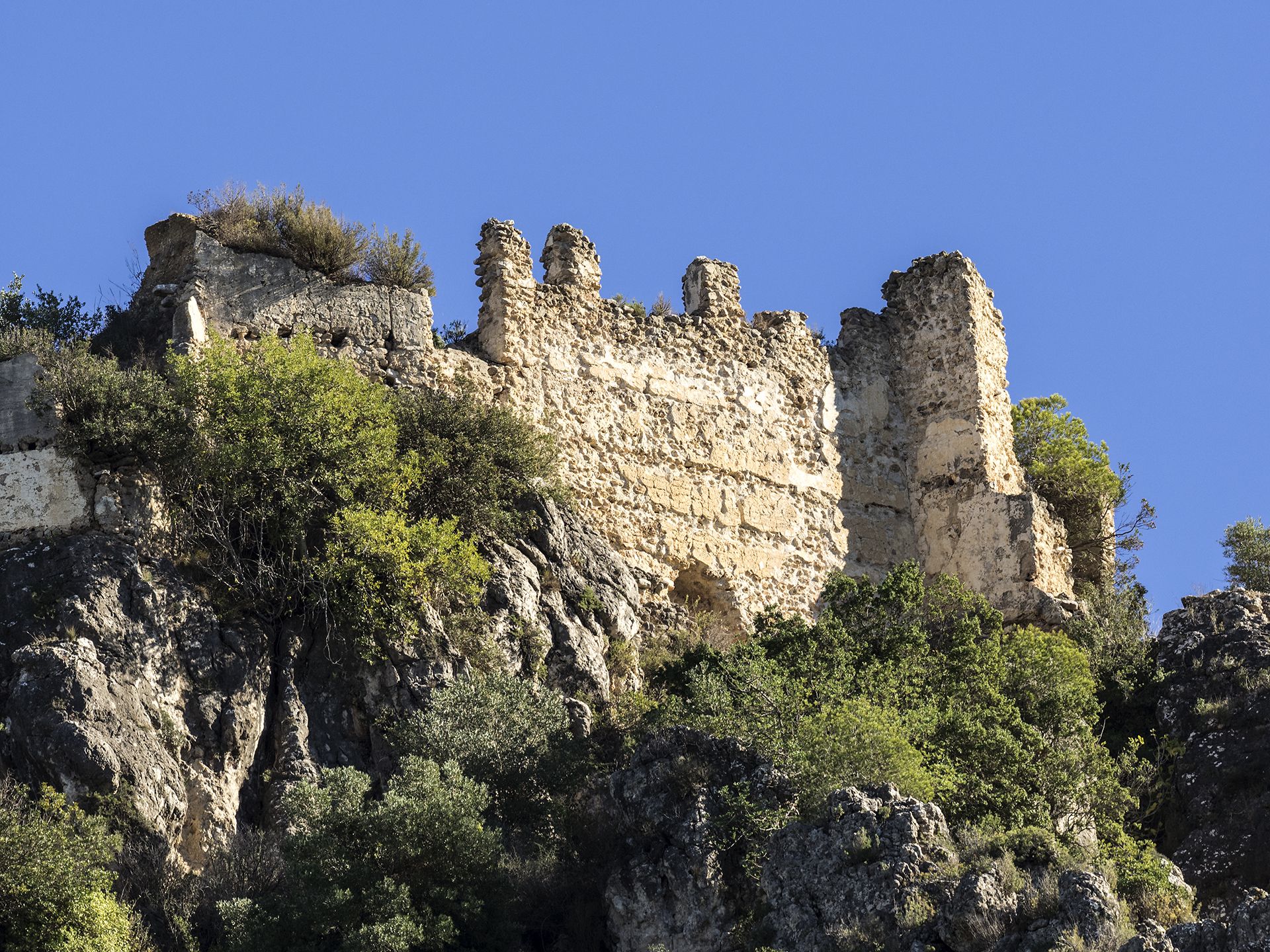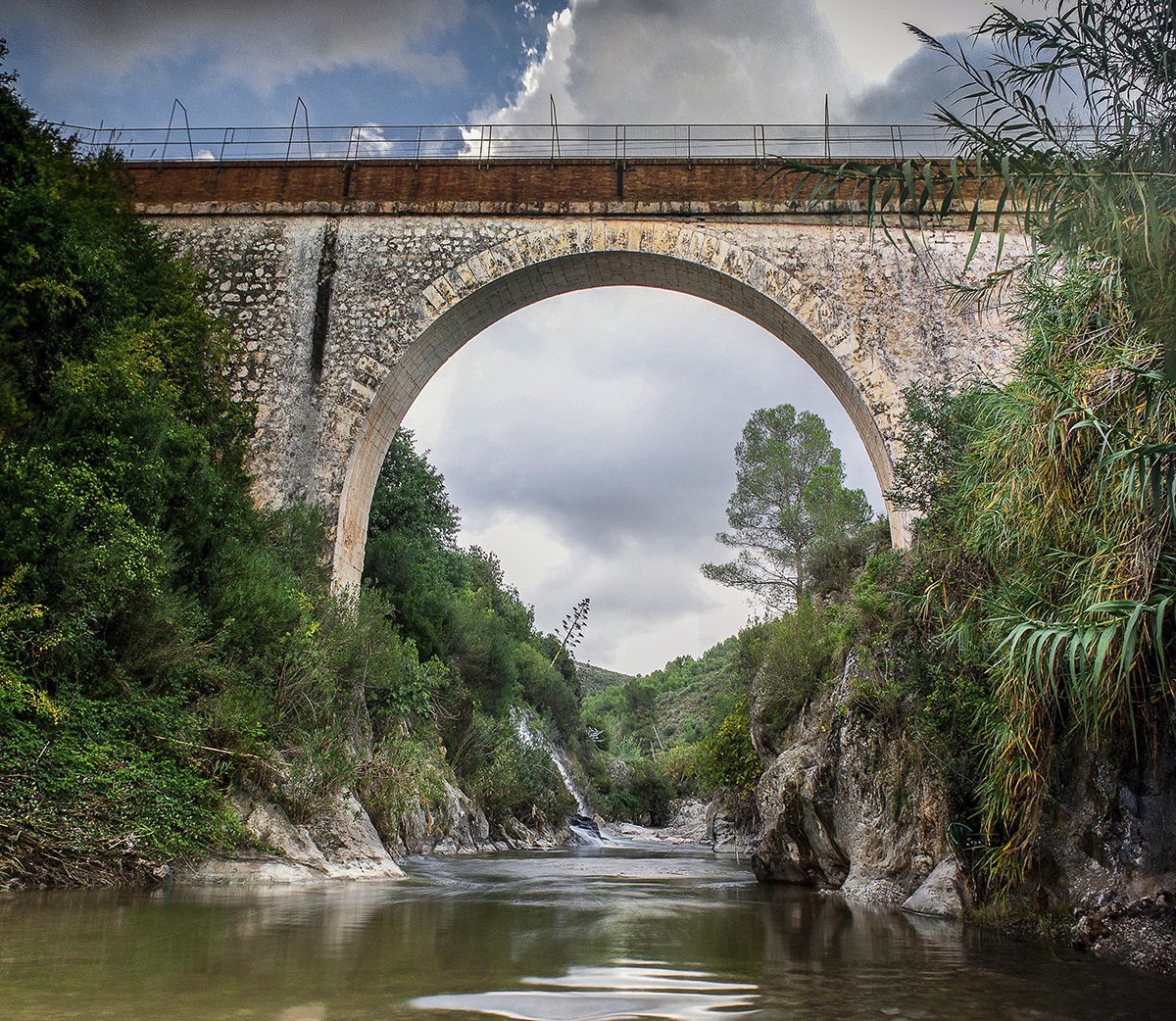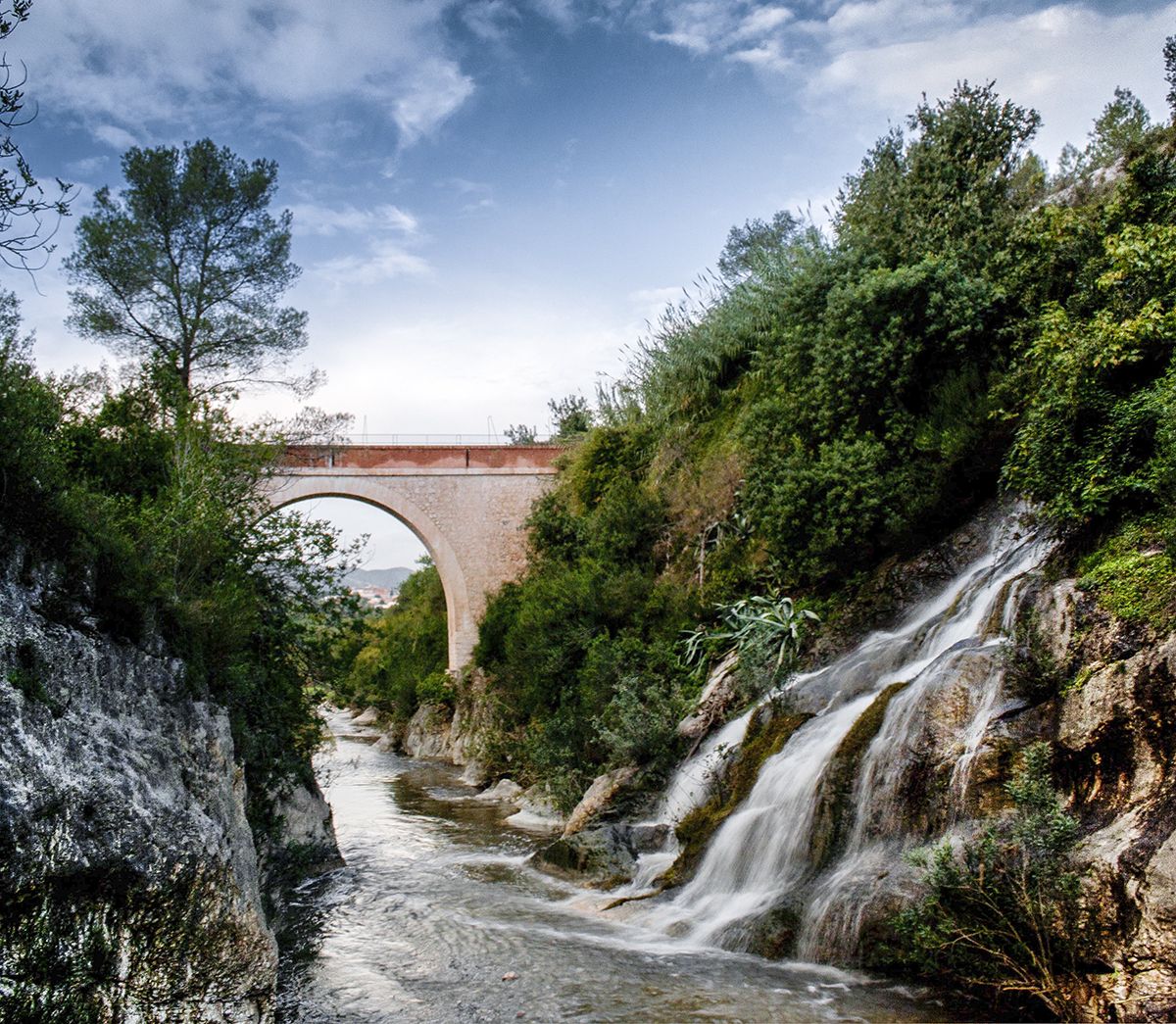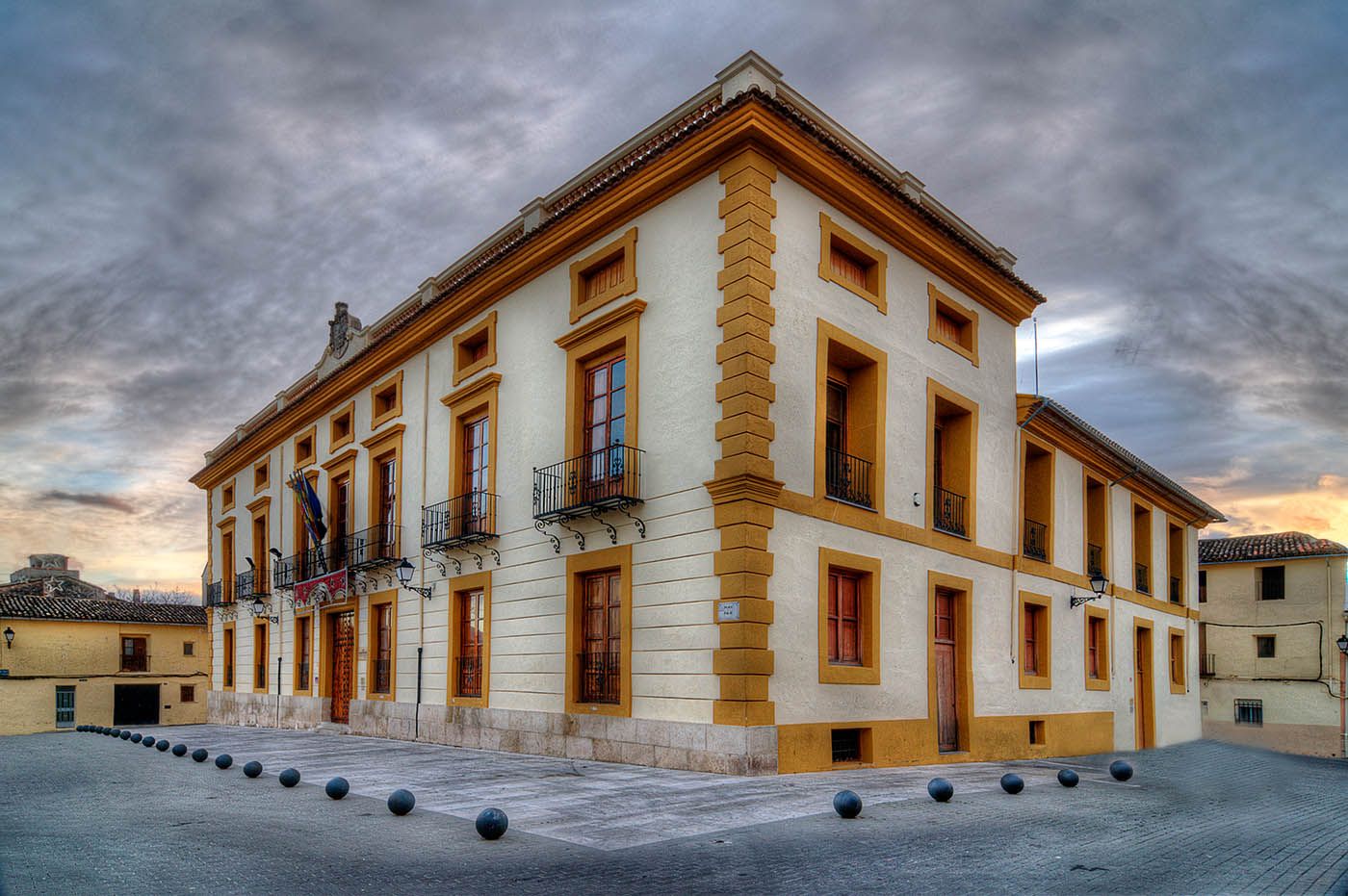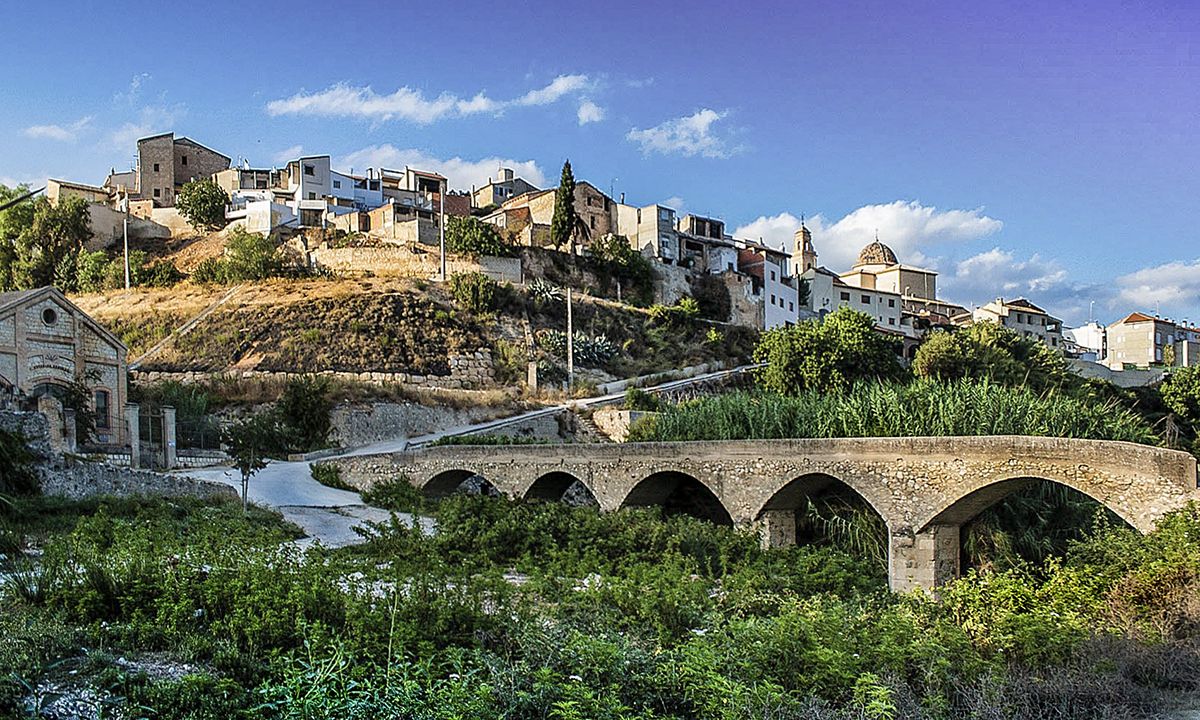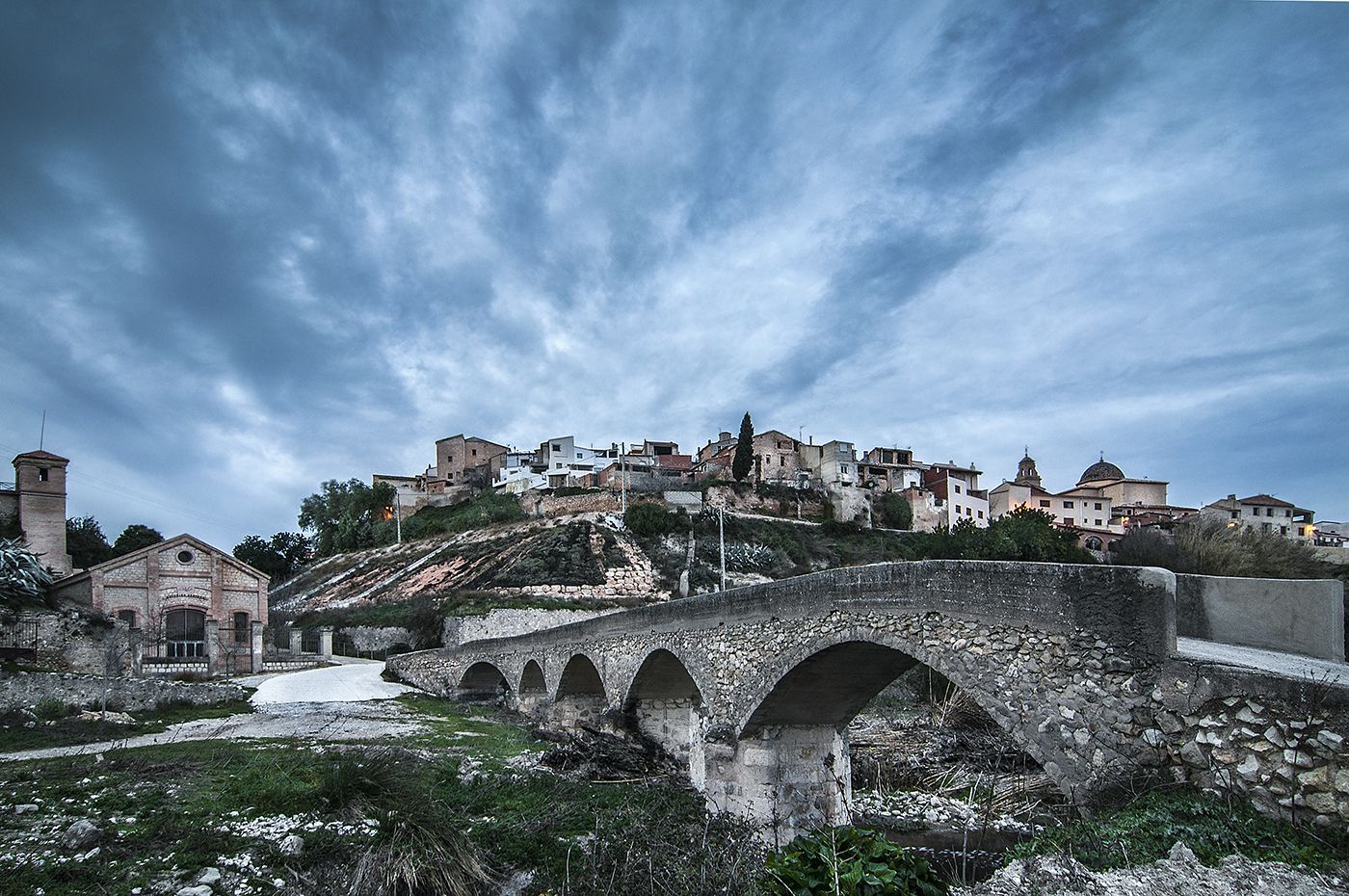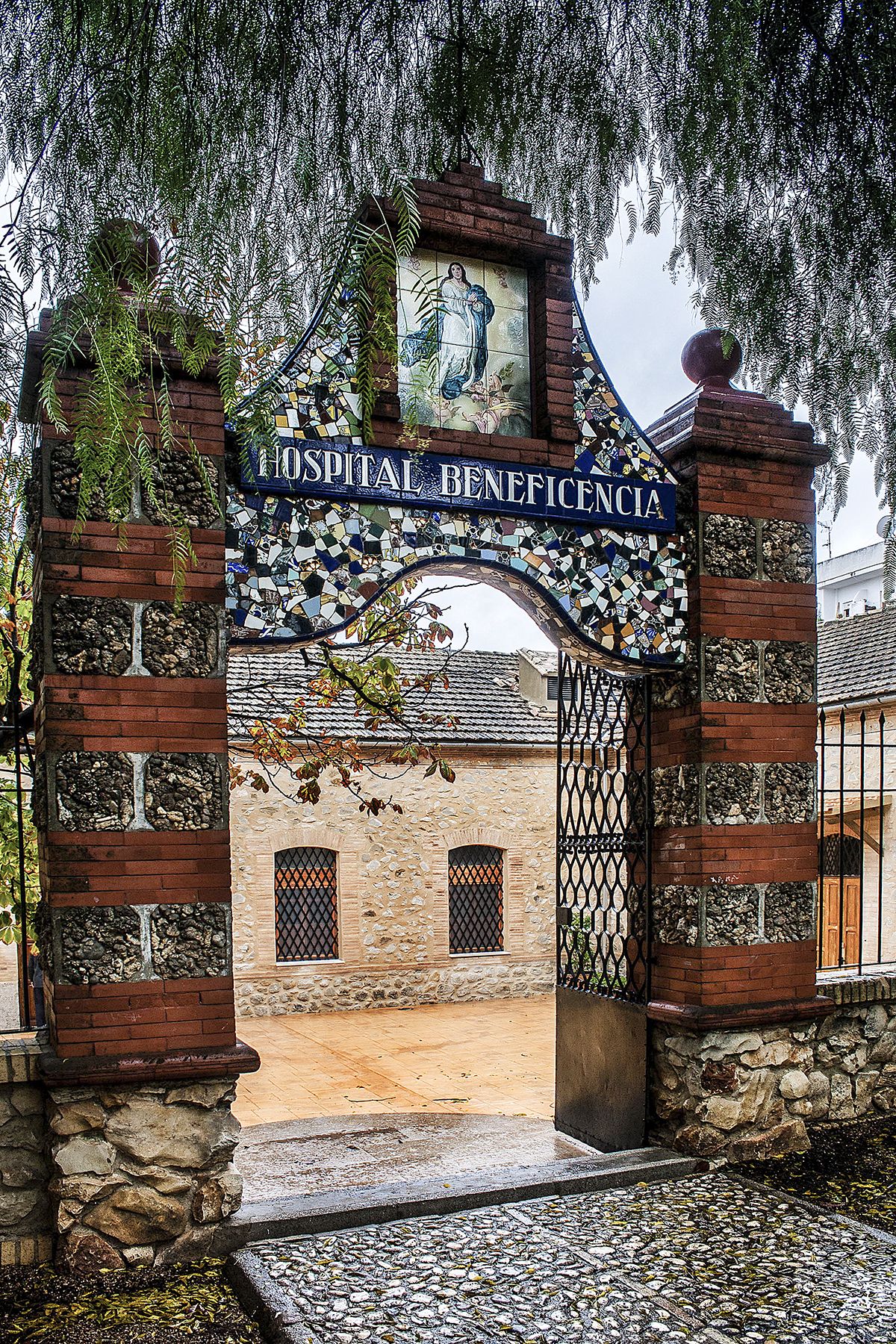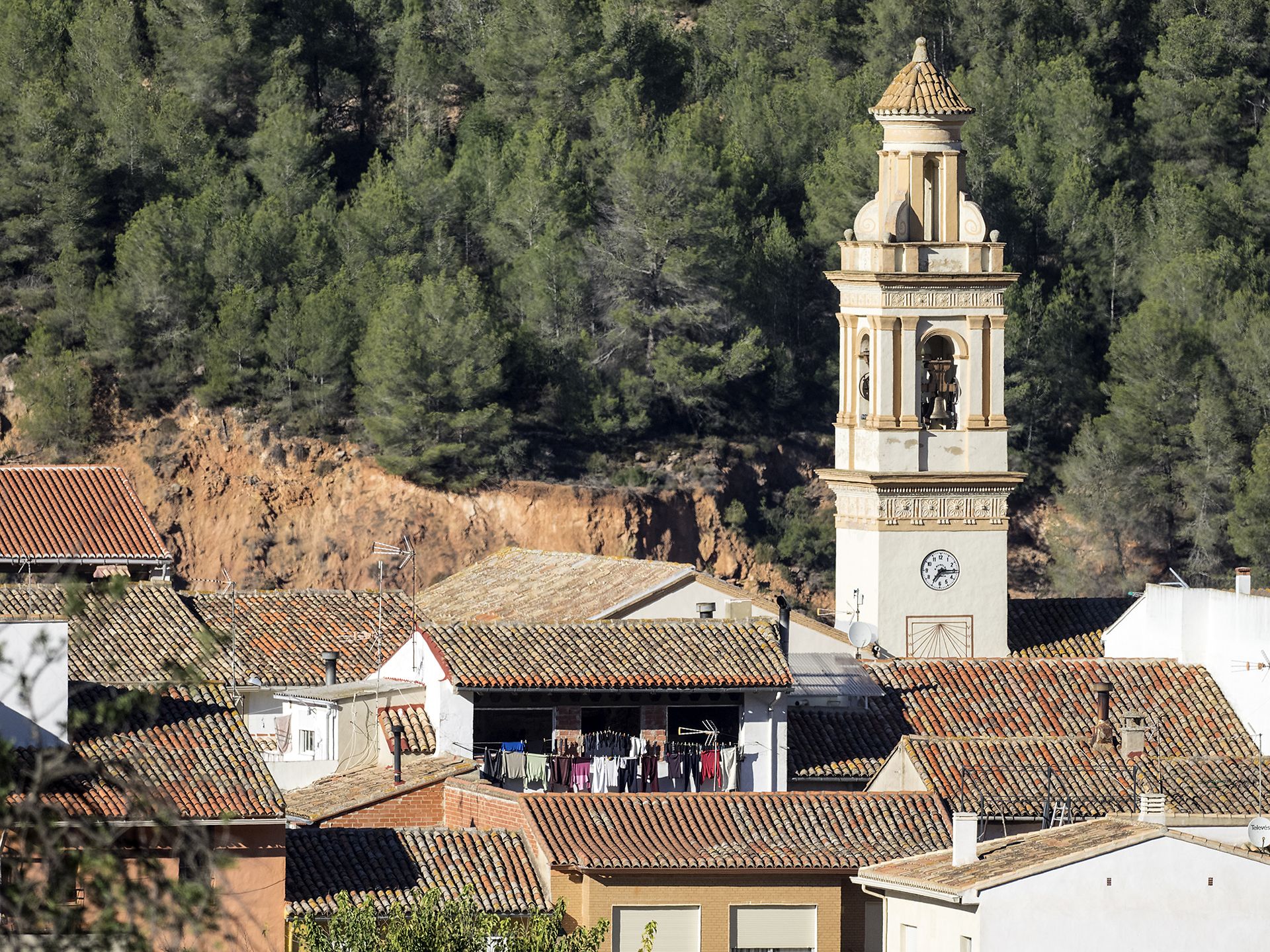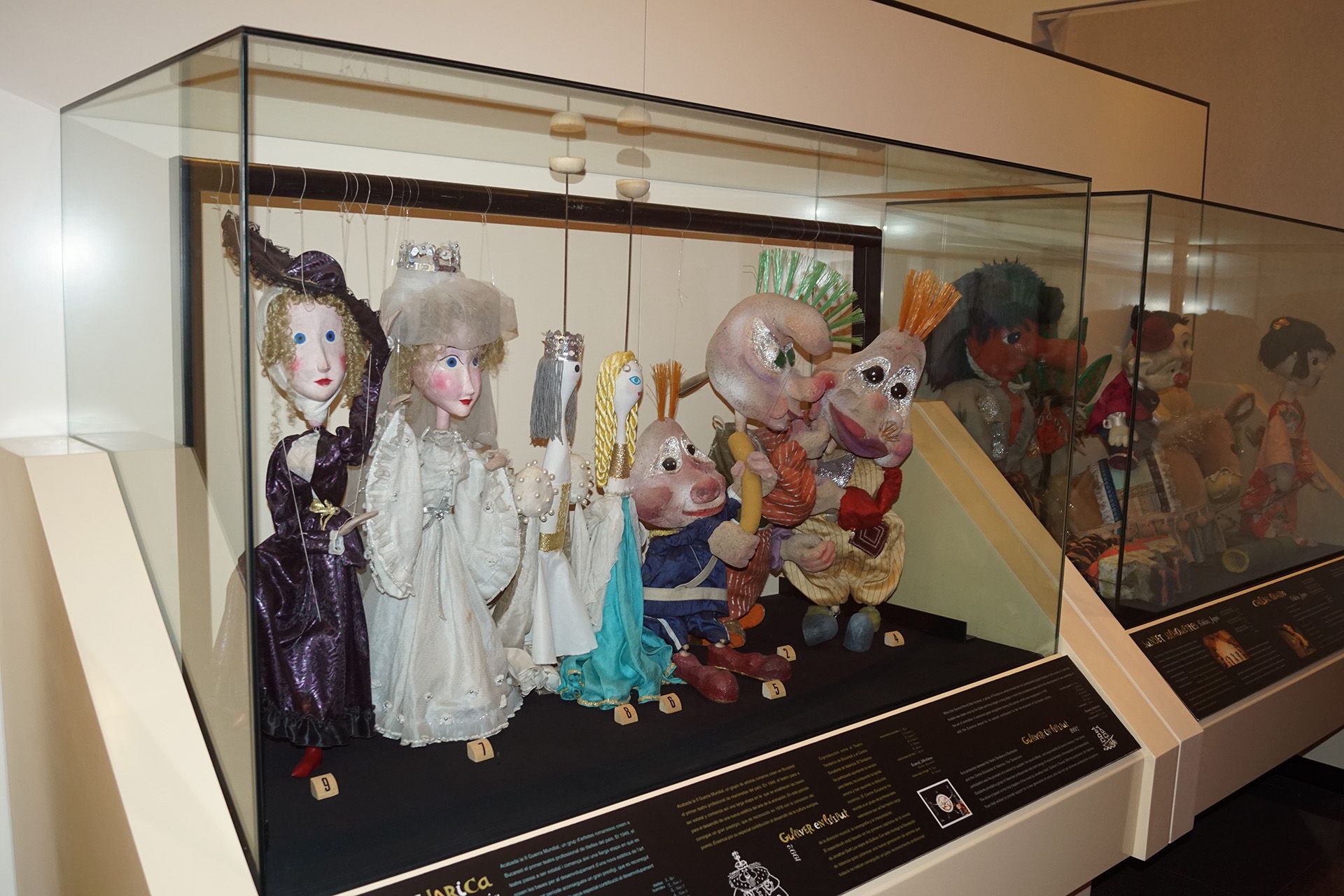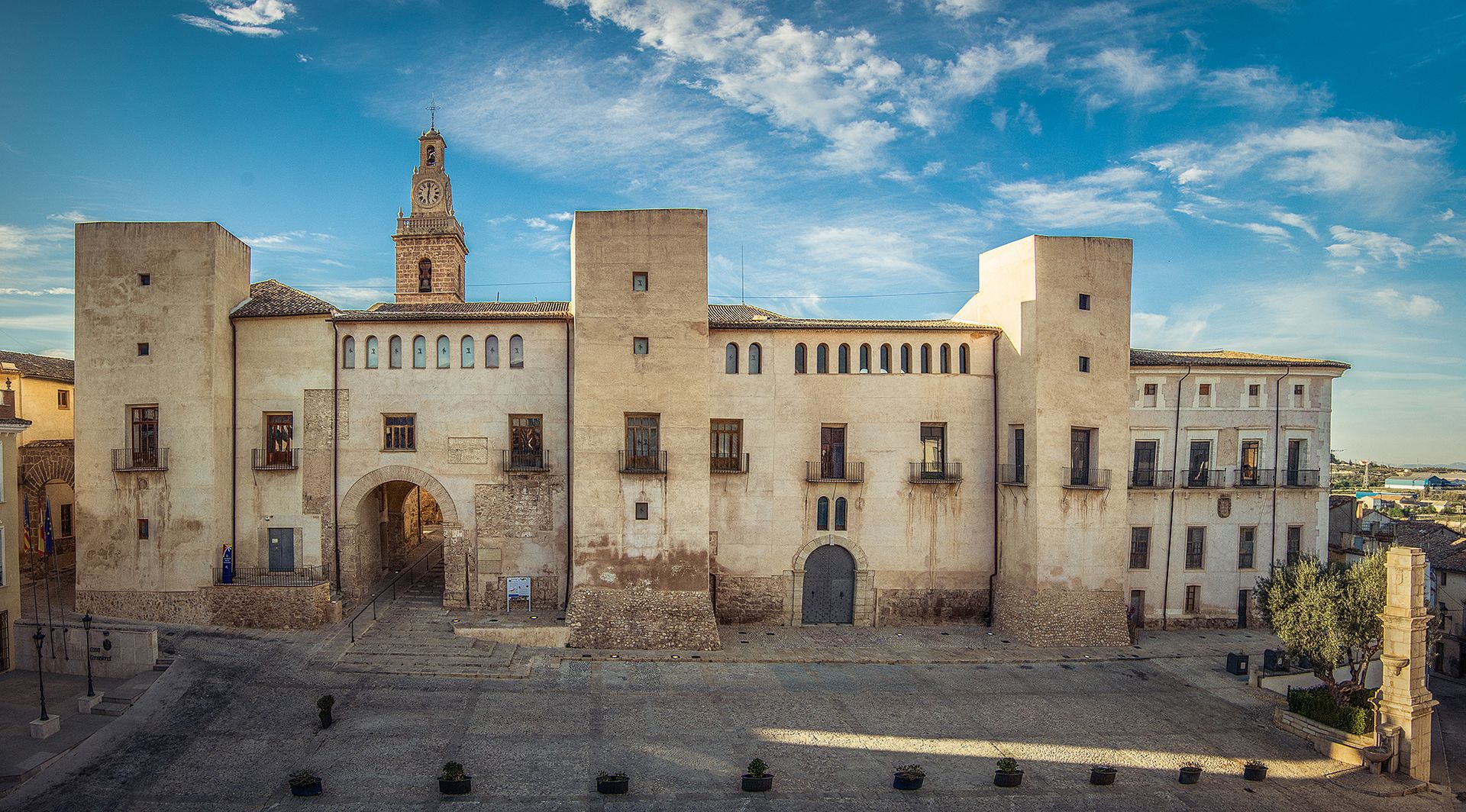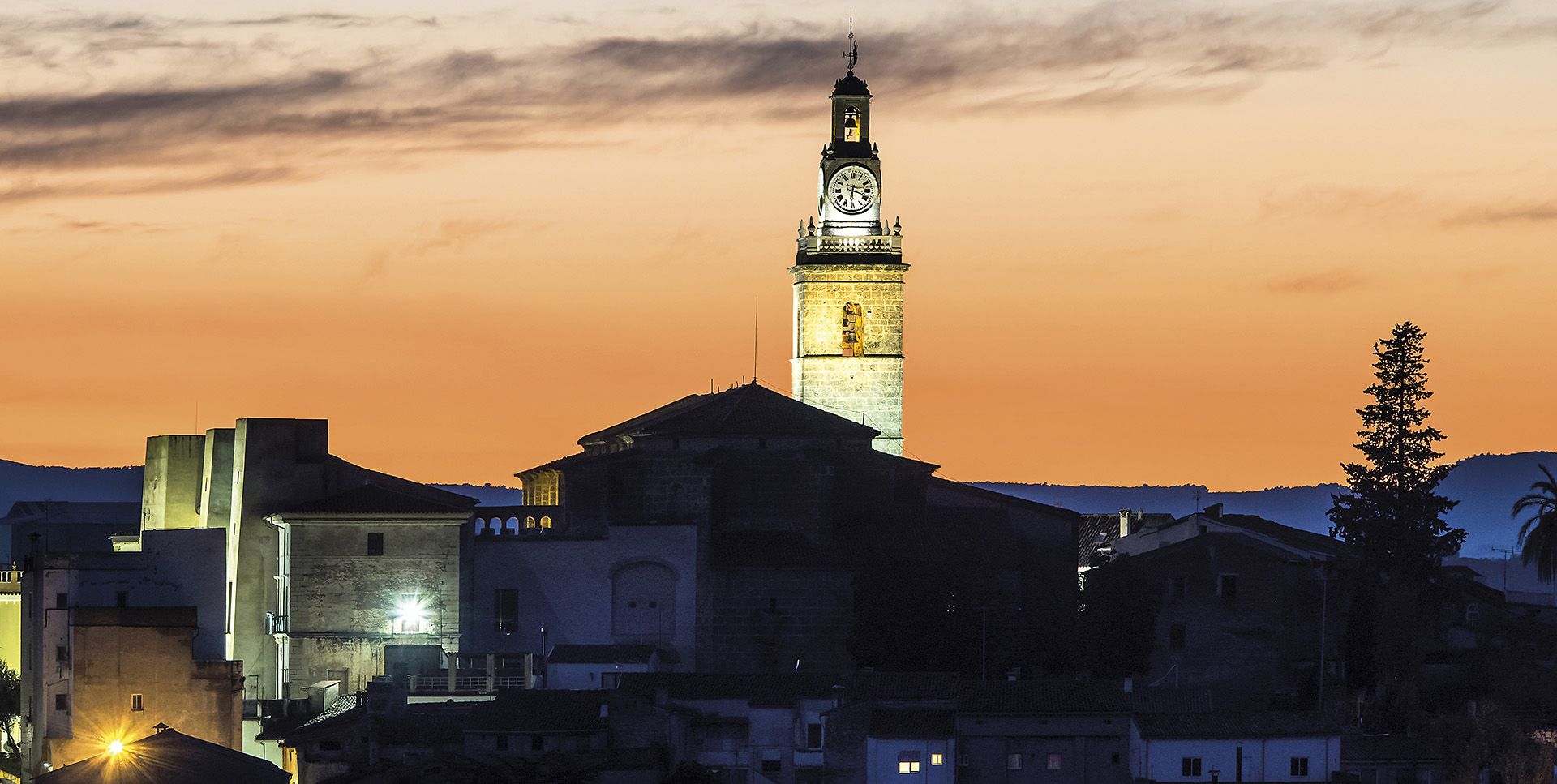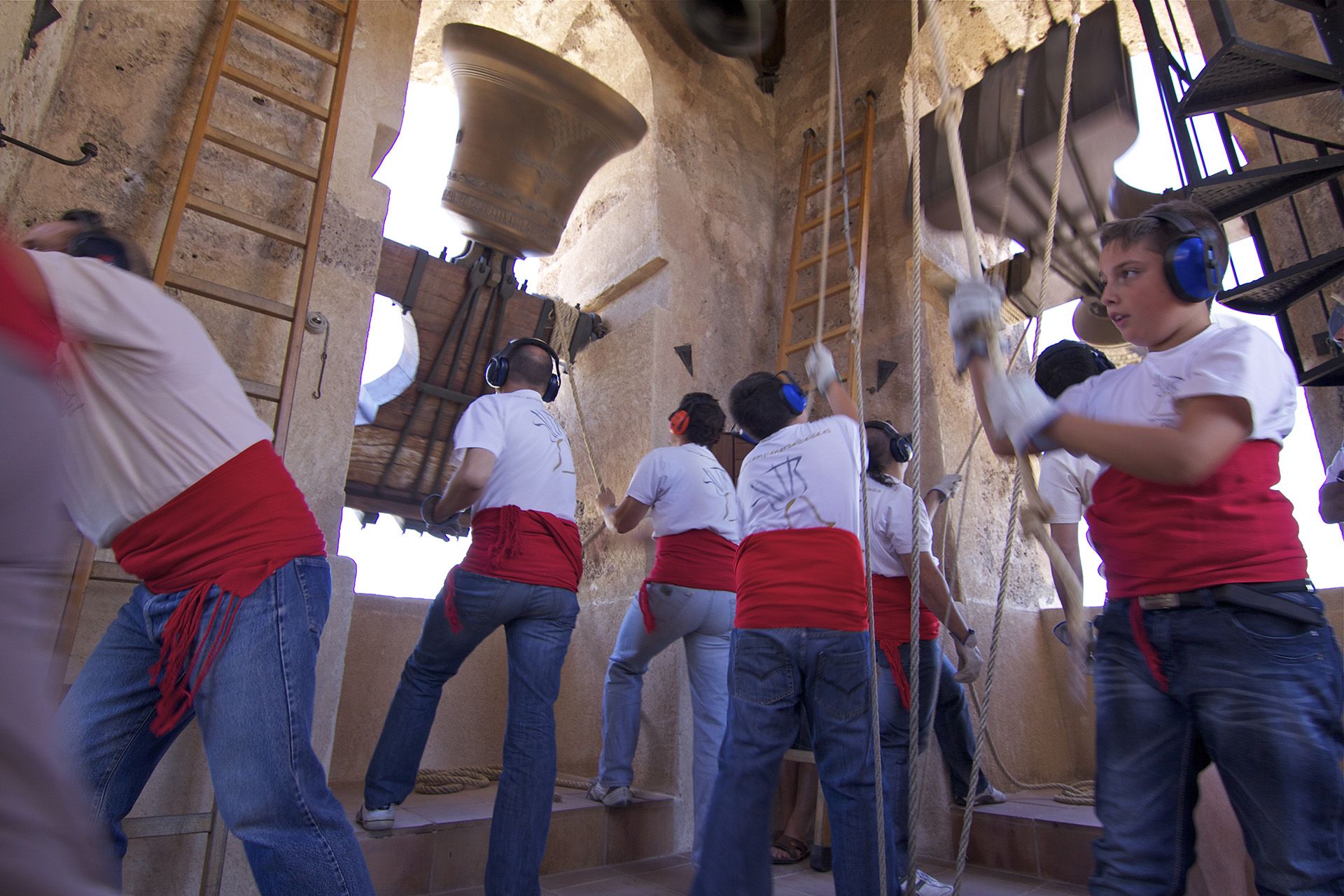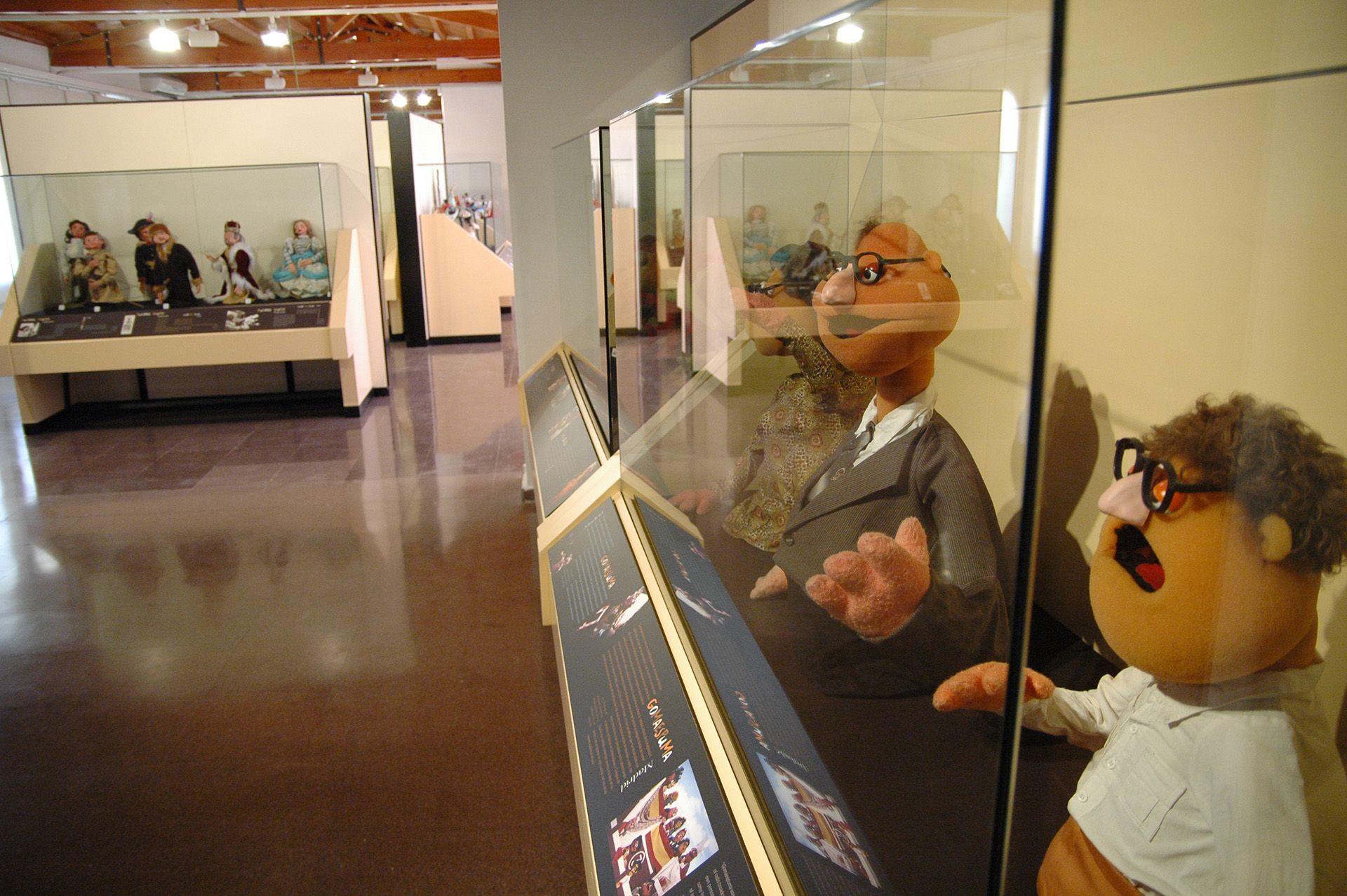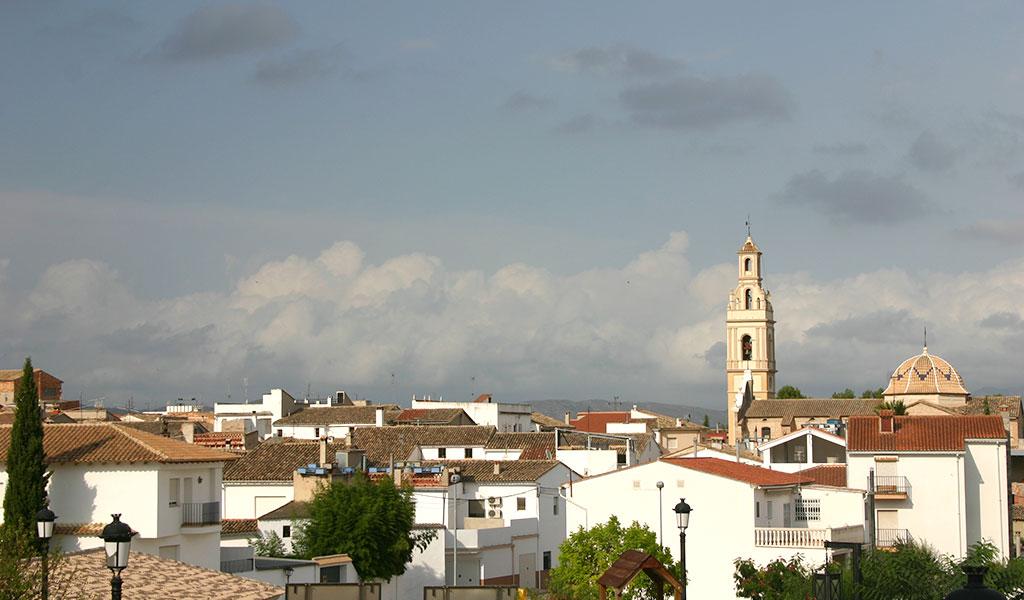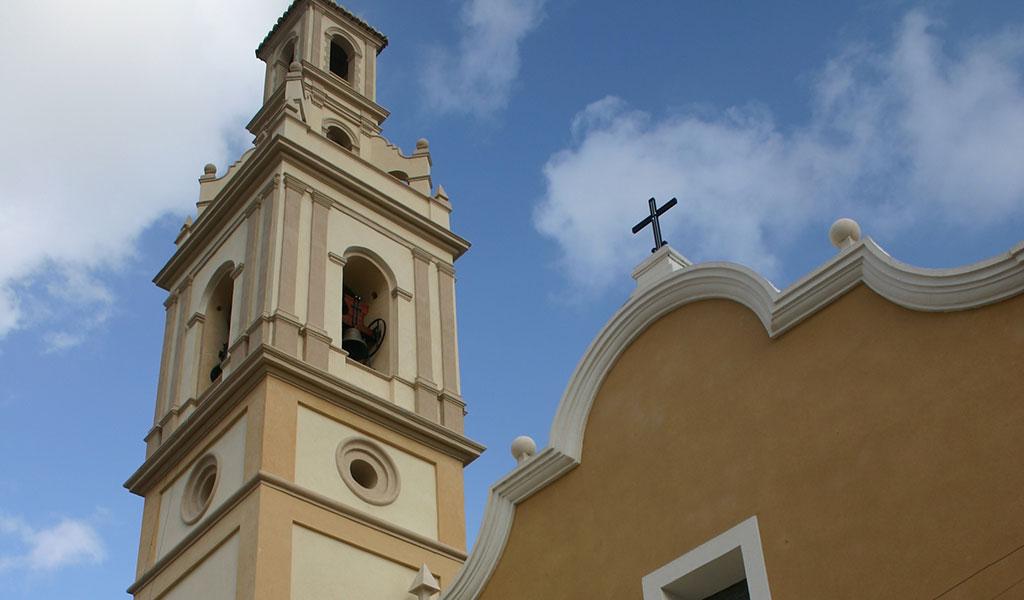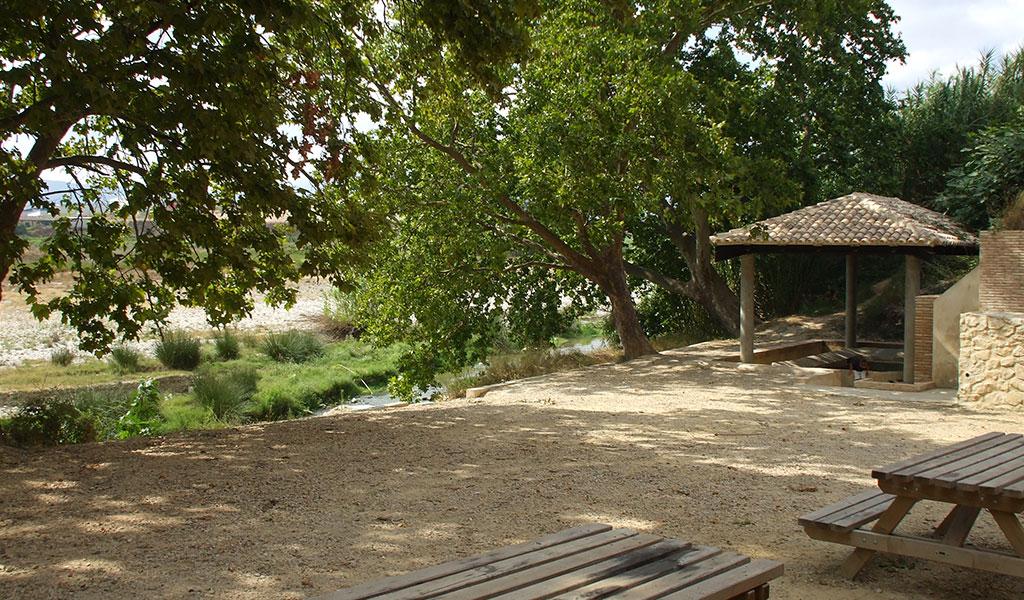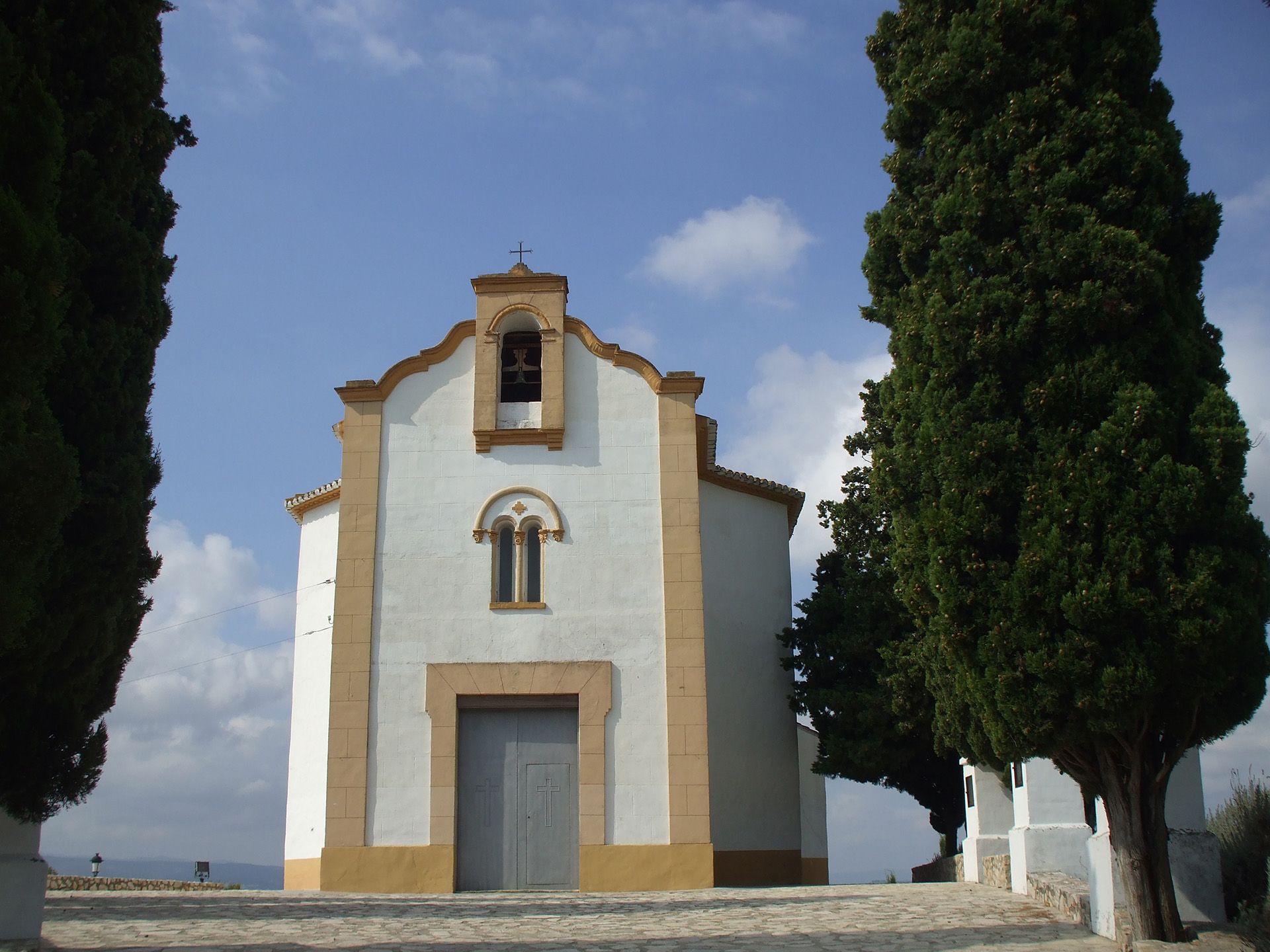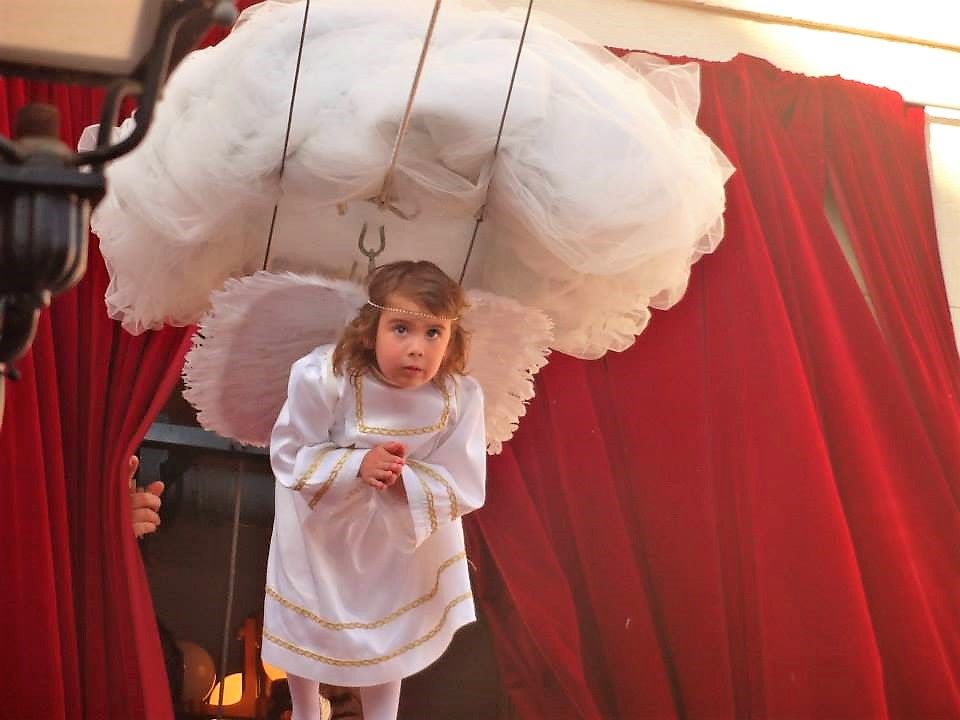La Vall D’Albaida
You will definitely be surprised by the whiteness of the lands which the Arabs called al-Badya (La Blanca in Spanish), in the 8th century; a lush valley with over thirty villages which shelter a beautiful range of mountains, where copious fountains flow and you can enjoy the stunning views and groves full of aromatic plants. This is one of the best preserved regions, where they have best maintained the native character of the Mediterraneanand of Valencia. You will find traditional Labradorean houses with hardwood doors, unusual andcaptivatingshrines, Islamicpathways, mansionsand castlesofrock. You will certainly enjoy the delicacies offered by the bakeries and local traditional dishes. And youwillalso have the opportunity to speak with the locals who are friendly, Valencian speaking, and largely unused to dealing with tourists!The locals live from the local industries (textiles, plastics, glass, furniture…), which form the true economic heart of the valley. You will find a remarkable proliferation of rural country houses, campsites and other quality tourist services which will make you think about staying in the region for a few more days, to discover its attractions, taste the local cuisine and take it all in
www.valldalbaida.com
Gastronomy and events
¡What better temptation than roast coconut with olive oil, tomato and pepper! Or perhaps a cod salad, finished with an aromatic infusion of thyme? From the most of simple of dishesto the most exquisite meals, all with flavors of the Mediterraneanand made with fresh produce from the region. Cooked Rice (Arroz al Horno), Rice and Fish Stew (Arròs Caldós), or Paella (the summer variety with broad and runner beans, the winter version with beans and artichoke), are amongst many delicious dishes on offer. For dessert, try sweet potato cakes (in winter served with a brandy, simmered with medicinal herbs from the local Mariolamountains). Or if you prefer coffee after yourmeal, you may also wish to try some of the pastries from Albaida, Bocairentand Ontinyent, where walnuts and fondant egg yolks are made, or indeed one of the other specialties from other local villages. Themostwell-known festival is that of the Moors and Christianswhich takes place in Bocairent (February), Ontinyent (August) and Albaida (October). The most genuine and ancestral fiestas are the bonfires of San Antonio del Porquet (January 17 – celebrated in almost all of the valley), the festival of fogueretes de Agullent (September), the carnival of Bèlgida, or the festa del Xop (in El Palomar during May – the ‘Xop’ is a piece of Poplar which is hoisted up in the central plaza of the village).
